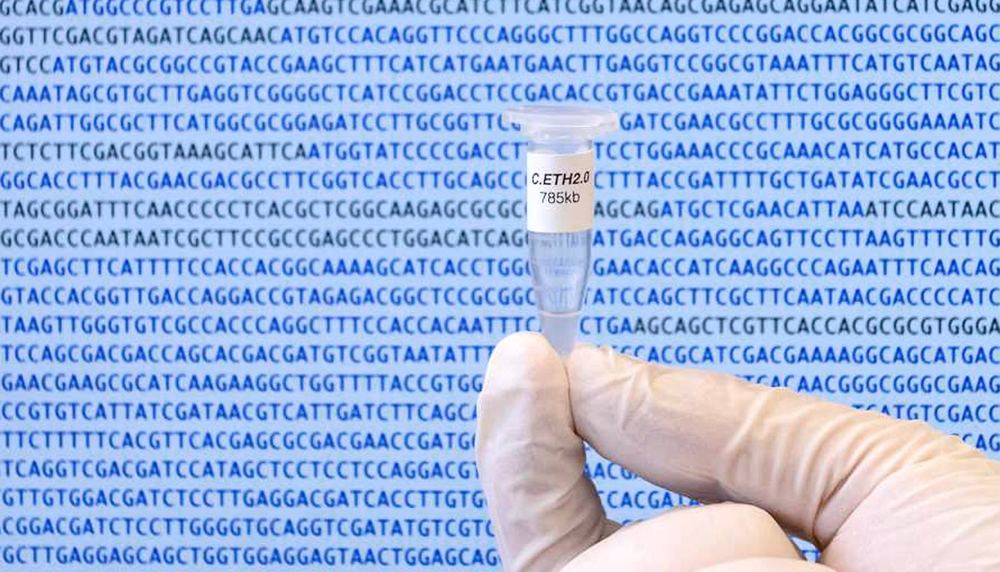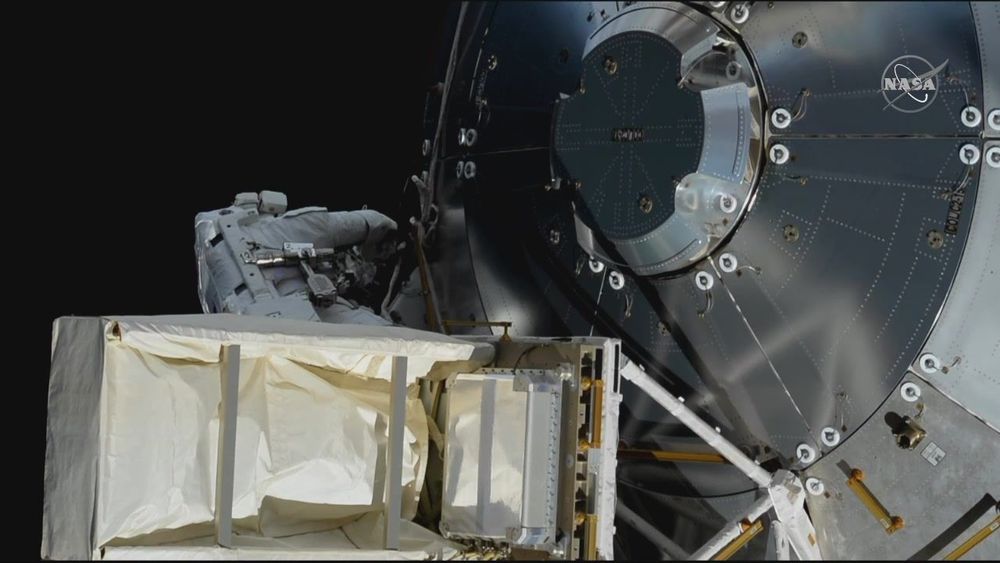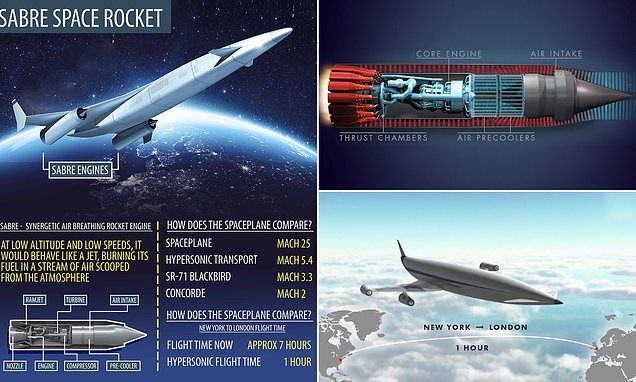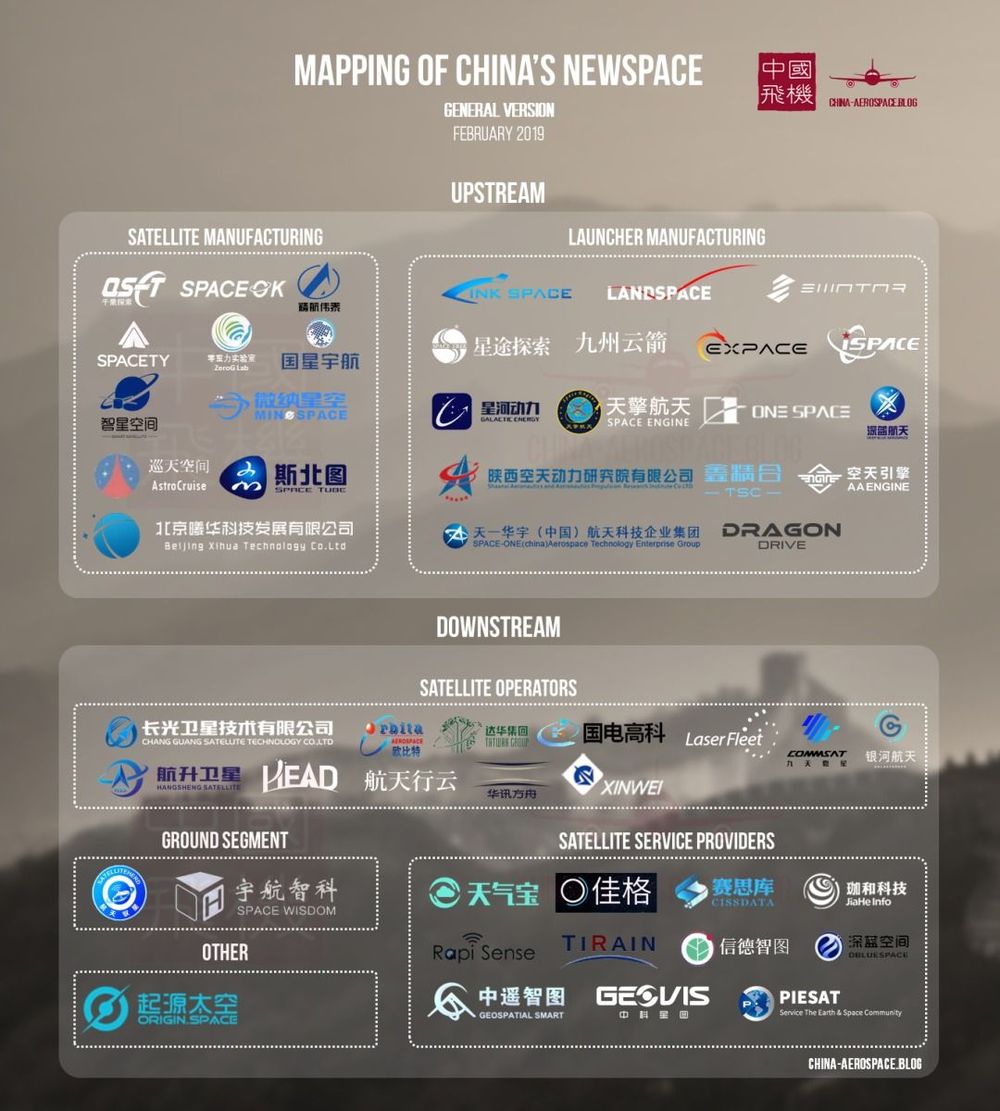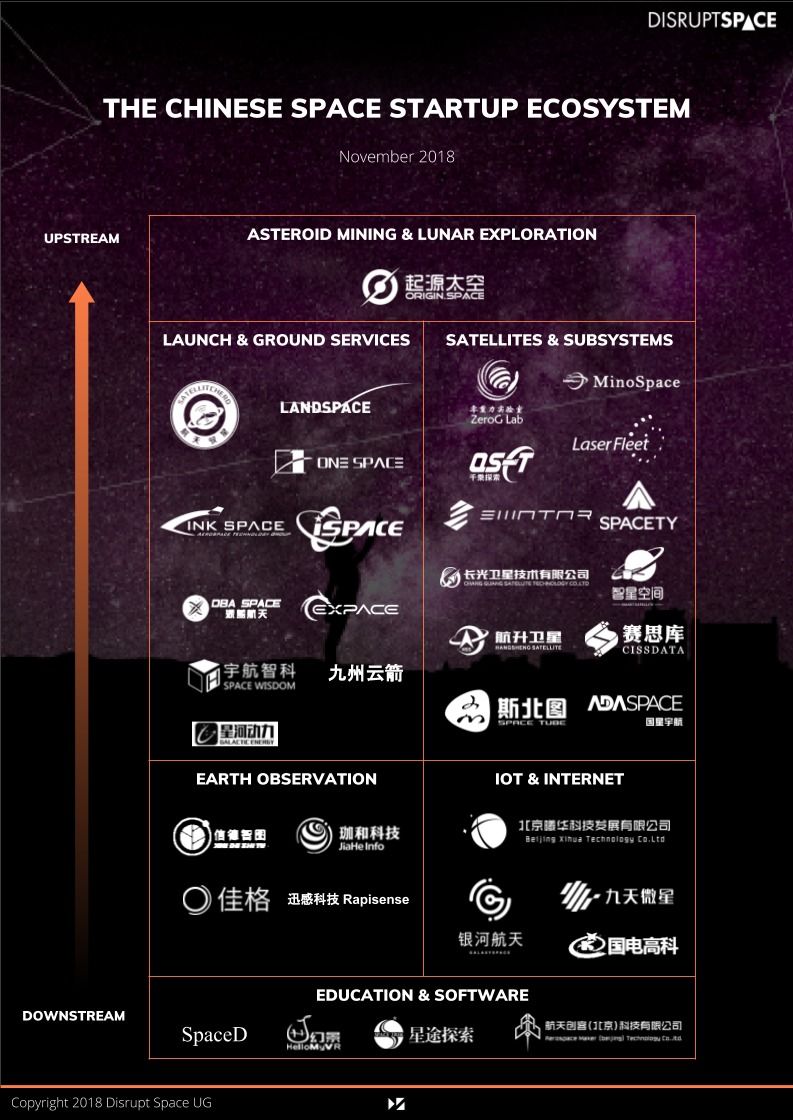Apr 8, 2019
This is the first computer-generated genome
Posted by Genevieve Klien in categories: biotech/medical, computing
Scientists report the world’s first fully computer-generated genome of a living organism.
To do so, they used a new method that greatly simplifies the production of large DNA molecules containing many hundreds of genes. They report their work in PNAS.
All the genome sequences of organisms known throughout the world are stored in a database belonging to the National Center for Biotechnology Information in the United States. Now, the database has an additional entry: Caulobacter ethensis-2.0.
Continue reading “This is the first computer-generated genome” »
